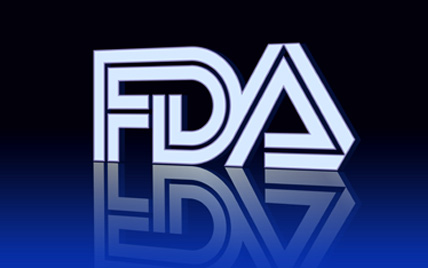Off-label Prescribing in Medicine – GH Notable Exception!

The practice called "off-label" prescribing of medications is entirely legal and very common.[1] It may come as a surprise to many people that the FDA regulates only drug approval, not drug prescribing, and thus doctors are free to prescribe a drug for any reason they think is medically appropriate.[2]
Many patients benefit when they receive drugs or devices under circumstances not specified on the label approved by the Food and Drug Administration (FDA), and legal authorities recognize physicians’ discretion to prescribe products off label.[1]
"Off-label" means the medication is being used in a manner not specified in the FDA's approved packaging label or insert. Every prescription drug marketed in the U.S. carries an FDA-approved label. The drug label of FDA-approved drugs gives information about the drug, including the approved doses and how it's to be given to treat the medical condition for which it was approved. The information on the drug label is based on results of clinical studies that the drug maker submitted to the FDA as part of the drug approval process.
When a drug is used in a way that is different from that described in the FDA-approved drug label, it is said to be an "off-label" use.[3] This can mean that the drug is used for a different disease or medical condition, given in a different way (such as by a different route), or given in a different dose.[3]
Off-label is also called "non-approved" or "unapproved" use of a drug.[3] However, this is not the same as illegal. Reasons for off-label use of a drug may be new medical research discoveries that substantiate a new benefit of a given drug, but the pharmaceutical company producing the drug has not put it through the formal, lengthy, and often costly studies required by FDA to officially approve the drug for new uses.[3]
In the existing regulatory framework, once the FDA approves a product for marketing, physicians may prescribe it for indications or patient populations not included on the label.[1] Physicians may also prescribe drugs at dosages not specified on the label.[4]
Omission from the approved label does not mean that the FDA disapproves of an off-label use, it simply indicates that the agency has not reviewed that use. Of course, like other parts of medical practice, off-label prescribing can lead to malpractice liability if it fails to conform to accepted standards of care.[1]
Importantly, GH is the only legal drug for which off-label prescribing is currently prohibited by US federal law, 21U.S.C.§333(e) in two circumstances; for anti-aging purposes and for enhancing athletic performance. This is why Dr. Pierce at Ageless Forever will not prescribe GH unless a patient is truly GH deficient, as established by provocative testing combined with a comprehensive medical examination.
GH use in medical research
Clinical practice and medical research are two different worlds. While off-label prescribing of GH is illegal in clinical practice, GH and its effects are actively being investigated in clinical trials to advance scientific understanding of its mechanisms of action and potential future applications in medicine. This use of GH in medical research is legal, even if it covers potential effects of GH treatment on parameters related to aging and athletic performance.
In our News Blog here on AgelessForever.net we report on the latest findings in medical research, including those on GH. This should absolutely not be construed as an endorsement for off-label use. It is for educational purposes only.
References:
1. Dresser, R. and J. Frader, Off-label prescribing: a call for heightened professional and government oversight. J Law Med Ethics, 2009. 37(3): p. 476-86, 396.
2. Ventola, C.L., Off-label drug information: regulation, distribution, evaluation, and related controversies. P T, 2009. 34(8): p. 428-40.
3. FDA Understanding Investigational Drugs and Off Label Use of Approved Drugs. Avaliable at http://www.fda.gov/forpatients/other/offlabel/default.htm (accessed Jan 20, 2015).
4. Dresser, R., The curious case of off-label use. Hastings Cent Rep, 2007. 37(3): p. 9-11.



